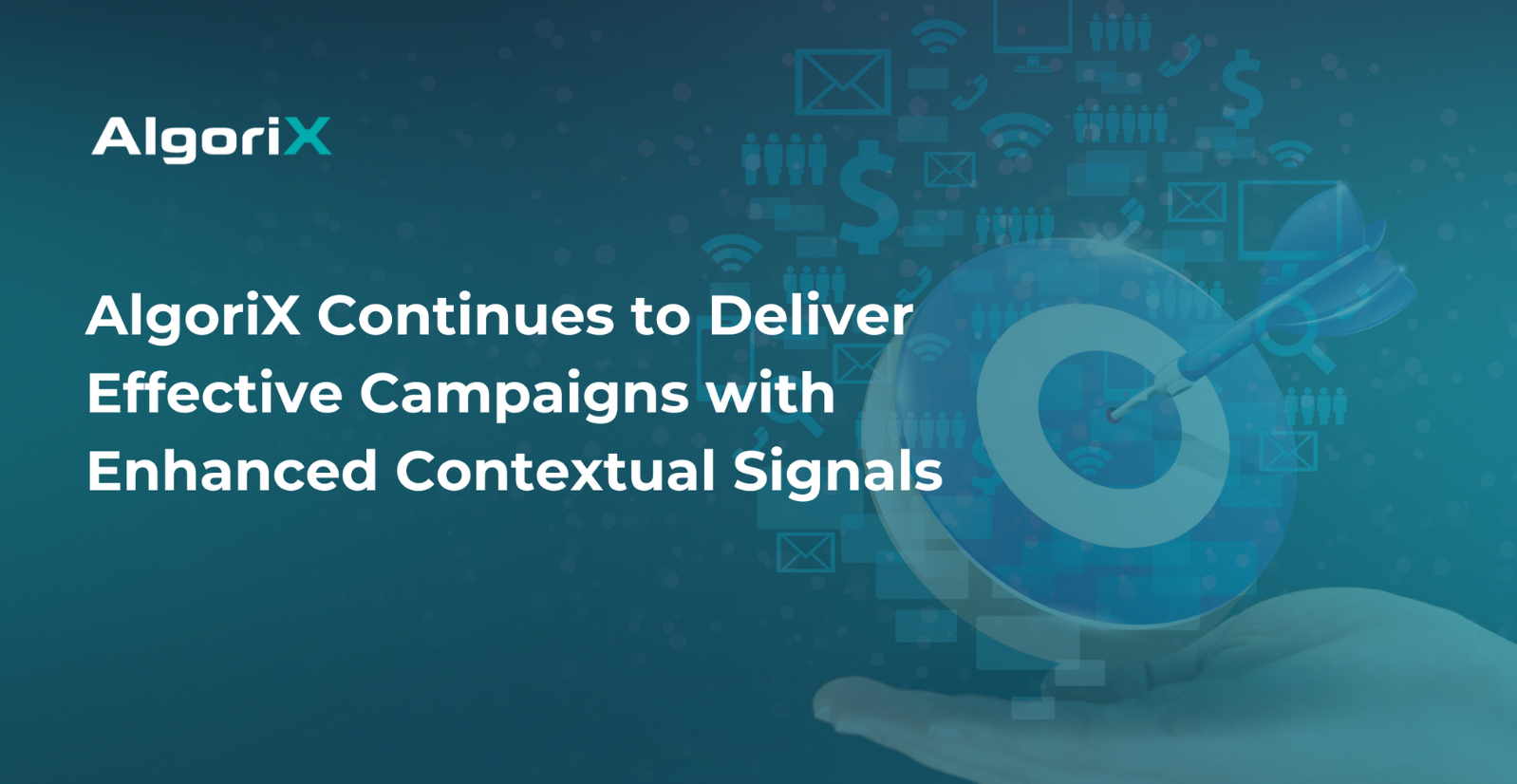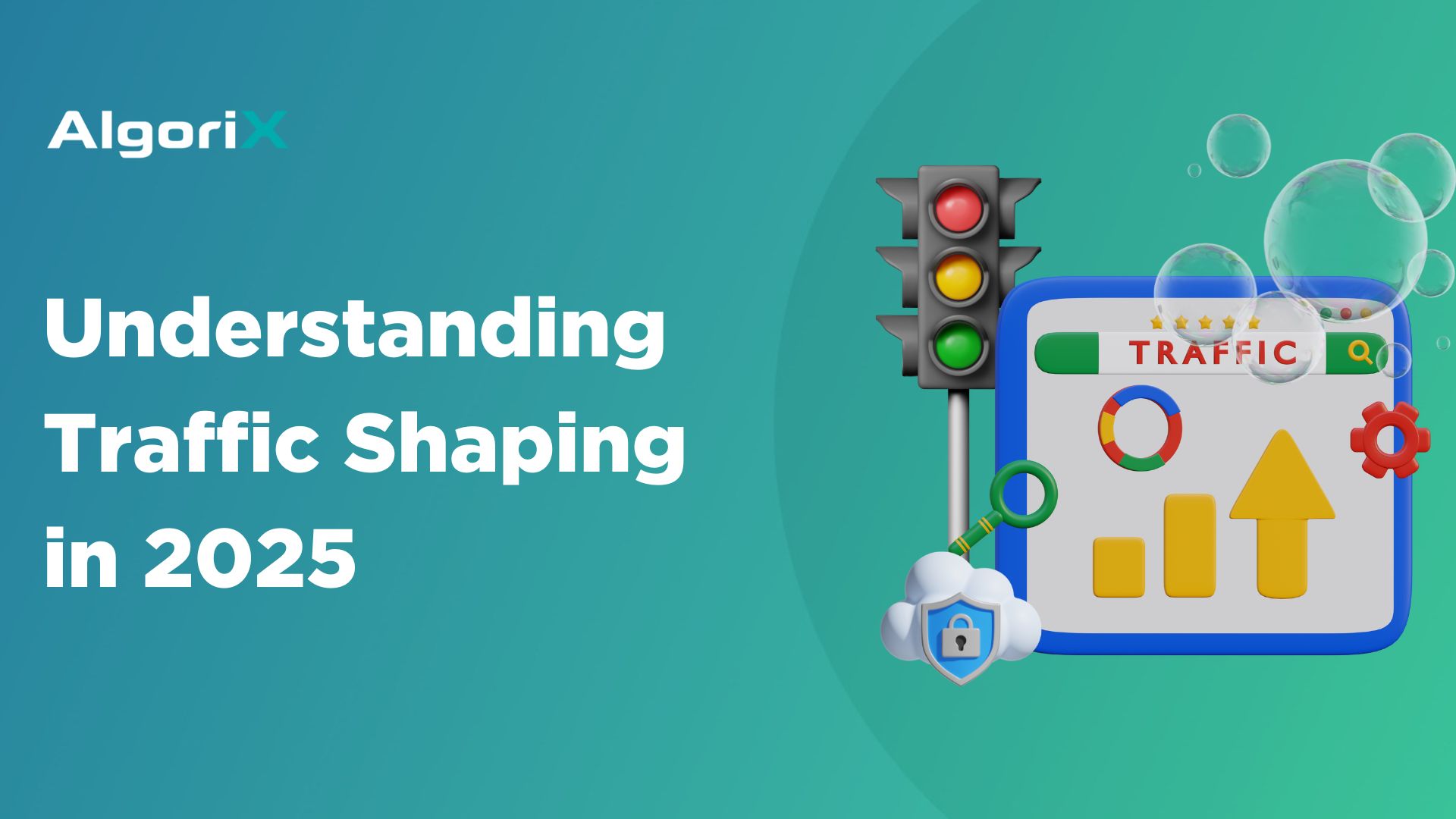As the digital landscape evolves and user privacy regulations become stricter, balancing effective ad targeting with user privacy becomes increasingly complex. This is particularly true following changes to Apple’s Identifier for Advertisers (IDFA) and the ongoing updates to the Android Privacy Sandbox. These changes require us, and others within the ad tech industry, to adapt and future-proof our ad targeting strategies.
At AlgoriX, we’re dedicated to assisting our demand partners in navigating this changing landscape. At the same time, we’re committed to providing precise targeting solutions that respect data privacy.
In response to these extensive changes, we’ve focused on leveraging contextual signals in our OpenRTB requests to maintain accurate targeting while emphasizing privacy. We’ve also been proactively upgrading our Android and iOS Software Development Kits (SDKs) and collaborating with our publishers to adopt context-aware strategies. These ensure a smooth transition during these industry-wide changes.
At present, our demand partners can enhance their advertising strategies through the use of contextual signals under three primary categories: user activity and engagement; device status and settings; and app metadata.
- User activity and engagement: With signals under this category, demand partners can gain an in-depth understanding of consumers’ behaviors and interactions with digital content. This includes metrics like time spent on specific apps, click-through rates, and more. By examining these patterns, our partners can more accurately predict user interests and tailor their content accordingly, boosting ad relevance and creating a more personalized experience for the user.
- Device status and settings: Signals from this category enable our partners to optimize their campaigns based on device-specific information. This includes details like the type of device being used, the operating system, and even battery status. Such signals can be leveraged to design ads that are not only visually appealing but also functionally compatible with the user’s device, thereby enhancing user experience while simultaneously increasing ad effectiveness.
- App metadata: These offer insights into the types of apps a user frequently engages with or the kind of digital environment they prefer. Whether they are shopping apps, gaming platforms, or news outlets, understanding these preferences can help advertisers align their ads with the user’s interests, leading to higher engagement and conversion rates.
By offering a diverse range of contextual signals, we aim to equip our demand partners with a robust set of data points that will allow them to create more targeted, relevant, and effective advertising strategies. More importantly, with these, our partners can continue to understand and reach their audience in a more precise and meaningful way, all without resorting to the use of Personally Identifiable Information (PII).
Additionally, to further aid our partners seamlessly transition to a cookieless era, we also recently announced our partnership with LiveRamp. By integrating their solutions, we aim to accelerate addressability in the mobile advertising ecosystem. All these safeguard user privacy, contribute to building consumer trust in the industry while simultaneously allowing advertisers to optimize their campaigns and maximize their return on investment.
For more information on which contextual signals AlgoriX has on offer or for further questions on our efforts to future-proof audience addressability, please reach out to your AlgoriX Account Manager. Alternatively, you can send us a message here.













